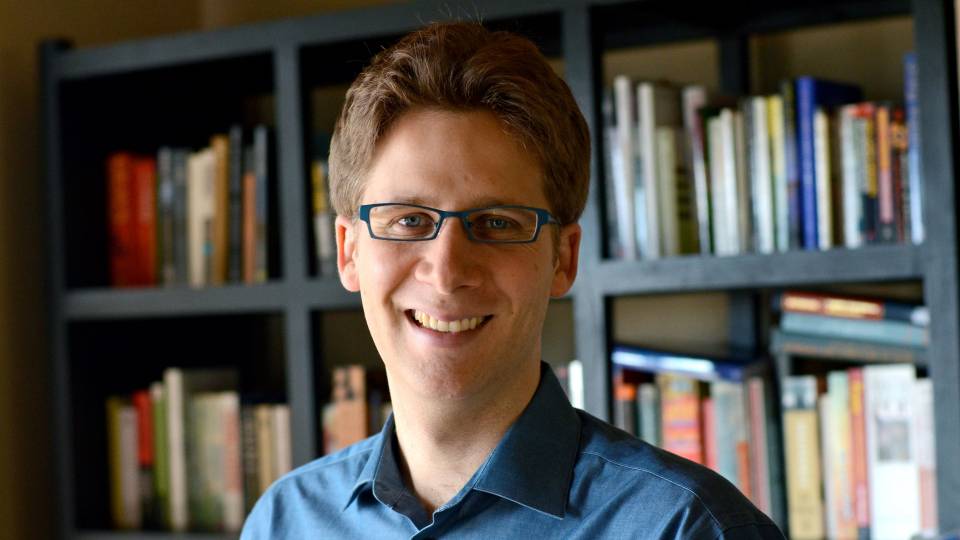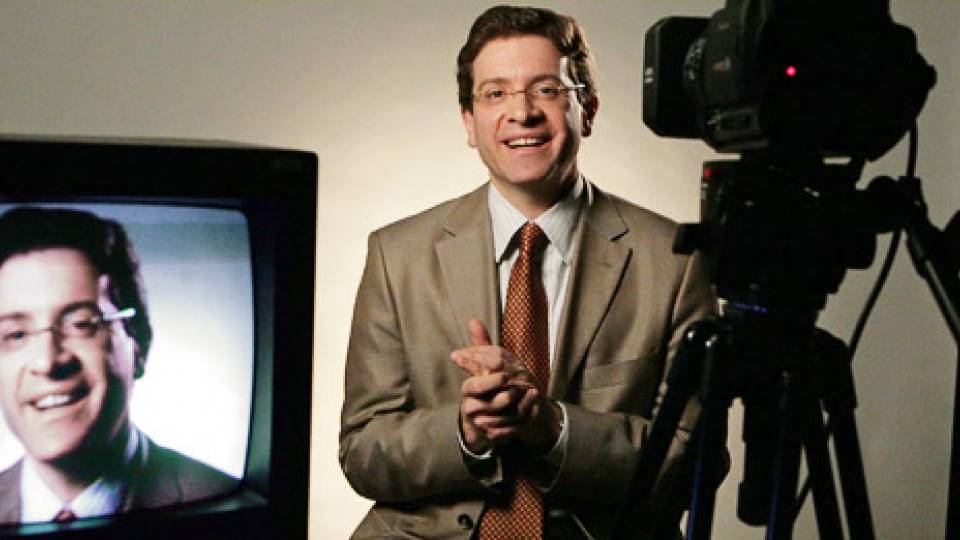A free, practical seminar intended to help bridge the communication gap between scientists and the public is planned for 4:30 to 8:30 p.m. Tuesday, Sept. 23, in 101 Friend Center.
The two-part event is titled "Crystals, Quarks, Biomes and Genomes: How to Make Complex Science Compelling." Geared for students, postdoctoral researchers, faculty and staff, it is being sponsored by the Office of the Dean for Research and the Office of Communications.
A prominent group of journalists, authors and bloggers who have written about science for publications including The New York Times, Newsweek and Time will lead a panel discussion from 4:30 to 6 p.m. A buffet will follow from 6 to 7 p.m.
The second part, which will run from 7 p.m. to 8:30 p.m., will be a hands-on workshop run by scientists and writing experts to discuss and teach how to improve science communications.
Scientists must be able to make a compelling case for their work, both for the sake of the public, which wants and needs to understand many scientific and technological issues, and for their own individual advancement, according to A.J. Stewart Smith, dean for research.
"The public needs to be informed so that it can make a rational decision on the issues," said Smith, who also is the Class of 1909 Professor of Physics. "And scientists need to be able to explain to people exactly what they are doing and why it's important." He noted that funding often hinges on the ability to communicate the basics.
Writers assigned to chronicle scientists' achievements also play a crucial role, using their skills to help researchers translate some of the world's most complicated ideas.
Registration for the seminar is requested by e-mailing the Office of the Dean for Research or calling (609) 258-5500. Scientists are encouraged to bring an abstract they have written and would like to improve.
More details are available online.



